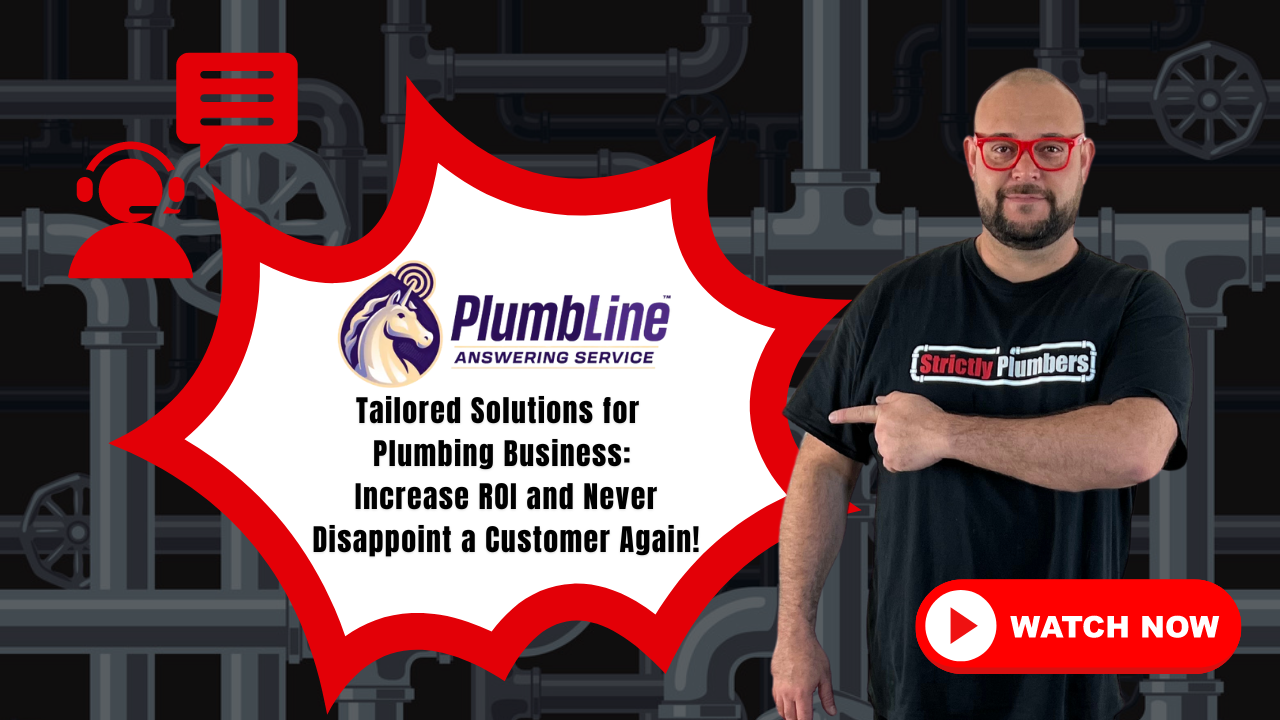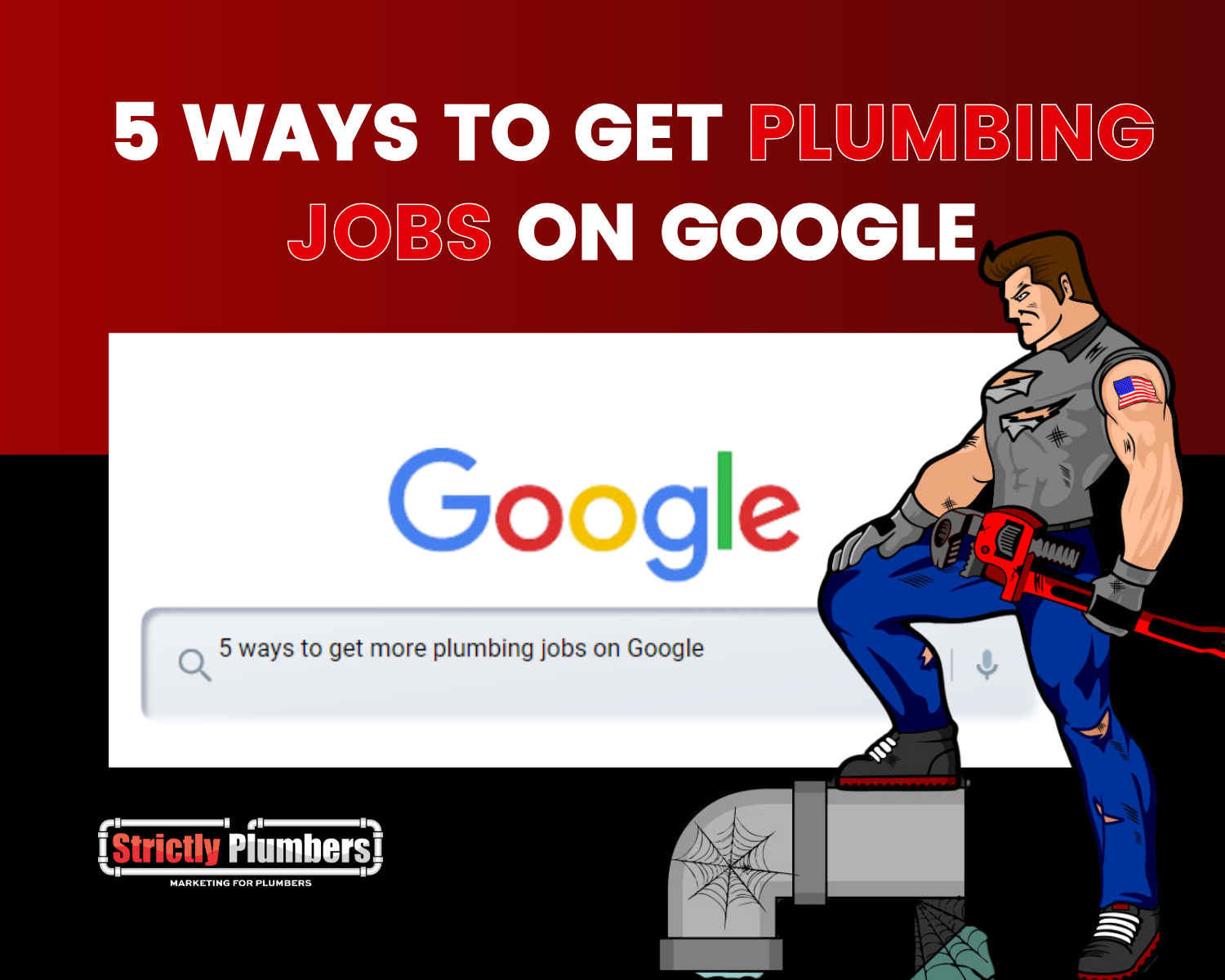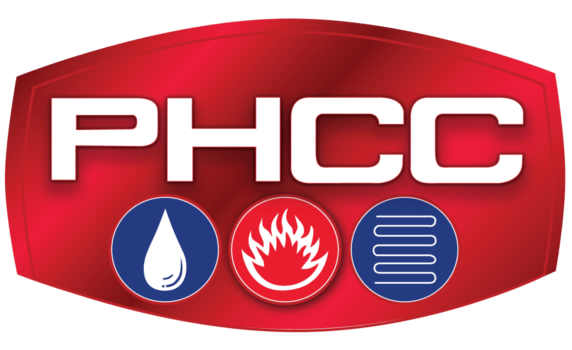How To Generate Plumbing Leads With Local SEO
In this article, we will share 18 strategies you need to perform in order to get more plumbing leads with SEO.
Best SEO Practice 1: Create my Google My Business (GMB)
Google My Business is that starting point for all successful local SEO campaigns. Without it, your plumbing company’s name will not appear in local search results. Creating a Google My Business listing is simple and will only take a few minutes. Follow this link to get started visit www.google.com/business. Make sure you got the details, like your Name, Address and Phone number (NAP) to be spelled the same all across the board on the internet. If you take the time to get this information correct, you will get the best results in search results.
Best SEO Practice 2: List Your Business in Multiple Online Directories
Apart from Google My Business, make sure your plumbing business is listed in multiple online directories. This gives you a bigger online presence and can help further promote your brand. There are thousands of business directories on the internet today, including Yelp and Better Business Bureau (BBB). However, you need to make sure that you sign up to online directories that are relevant to plumbing. Here at Strictly Plumbers we usually sign up to 100 different hyper-niched directory listings. Download our Plumber SEO Secrets eBook to learn more about online directories for plumbers.
Best SEO Practice 3: Research Your Keywords
Keywords play an essential role in local SEO. These are terms users use when finding information, businesses and services. Therefore, it is important to take keyword research seriously. Every plumbing company is different and every audience is different. What works for a plumbing company in the West Coast may not work for a company in the East Coast. There are lots of SEO tools to help you monitor the position of your keywords and give recommendations on how to improve your rankings. One of these tools is the Google Keyword Planner. Make sure you download our Plumbing SEO Secrets -eBook to learn more about Keyword Research for Plumbers.
Best SEO Practice 4: Create Keywords
Now that you have a list of your relevant keywords, make sure that the content you publish on your site contains these specific keywords. Avoid overusing keywords or try to manipulate the system. Google will detect it and penalize your website for doing it. Keep the writing and keyword adding natural. Include your target keywords in title tags and throughout your content, such as headlines and body text. Another strategy is to ask your customers to leave reviews containing these keywords.
Best SEO Practice 5: Analyze Your Keywords
After you inject your keywords into your website or your online footprint, you need to track them to know how much traffic and leads they are bringing. Keyword analysis also helps you to know which keywords are relevant, and which are starting to fall in popularity. This is important for your SEO campaign.
Best SEO Practice 6: Create Title Tags
Now that you know which keywords you want to target, you need to perfect your on-page SEO to maximize your performance. One way to do this is to optimize your title tags. A title tag is the title that appears in search engines as the title of the webpage. It also appears at the top of the browser of any webpage. Make sure that all your title tags are descriptive, unique and catered to your target keywords. Do not use the same keywords and title tags over and over.
Best SEO Practice 7: Create Great Meta Descriptions
Meta Tags are the next basic part of on-page SEO. Although Google does not analyze them, the Meta description is what appears to convince users to come to our website. A good Meta description should explain basically in 160 characters what your page is all about.
Best SEO Practice 8: Optimize Your Images
By optimizing, and naming the image appropriately, image files can help rankings. Image alt attributes help search engines describe the content of an image as well as find you in the right context. A good local SEO strategy is geotagging images. Geotagging images require you to add tags with your business location for each image you upload.
Best SEO Practice 9: Optimize Your Anchor Text
Also known as backlinks, anchor text is the text used when one website links to another website. You need to make sure that the anchor text linking to your website is relevant to your business. For example, keywords such as “Plumbers in San Diego” or “Plumbers near San Diego” are ideal anchor texts. There are a number of tools you can use to analyze and track your backlinks, such as Ahrefs, Linkody, Link Research Tools, Kerboo and Cognitive SEO.
Best SEO Practice 10: Go Mobile!
If you want to improve your local SEO, you must make sure that your plumber website is mobile-friendly. According to a recent report from Hitwise, nearly 60% of all online searches are done on a mobile device. So, it is important that your website looks great and functions well on any mobile device, whether it is a small iPhone or a large screen tablet. Google actually ranks mobile-friendly websites higher in their search results.
Best SEO Practice 11: Use Headings and Subheadings
Another great way to optimize your website for search engines is to use headings and subheadings on your website. Headings should be given an “H1” tag, to enable the search engine to know that the text is for the main heading on the page. Sub-headings, on the other hand, can be given tags, such as H2, H3 and so on. Each heading and sub-heading should include a keyword that has a geographic location.
Best SEO Practice 12: Optimize URL Structure
The URL is the address that appears in the browser and it shows the webpage that a user is visiting. An example of a URL: www.A2plumbers.com. Most business owners overlook the importance of URLs while performing SEO. Make sure you optimize your URLs by adding keywords and geographic locations. Example: www.A2plumbers.com/plumbing-services/sandiego. This kind of a URL tells search engines and users so much more about the page and the company.
Best SEO Practice 13: Use Schema Markup
Schema is a markup code that is added on any website to allow search engines to give more information to the user. This information can include hours of operation, site links, prices, online revenue and more. Schema not only helps to increase your website’s page ranking, but also increases clicks, click-through-rate (CTR) and conversions as users can understand what your business is all about. To implement the schema markup on your website, use the Google Structured Data Markup Helper. Download the Plumbing SEO Secrets eBook to learn how you can make the most out of schema markups.
Best SEO Practice 14: Increase Local Citations
Citations are any mentions of a local business on other websites. An actual citation must have the name, address and phone. Citations are not only essential for your local SEO strategy but also a great source of traffic. One way you can get citations for your plumbing company is to create profiles across all of the online directories, as discussed earlier. Remember to keep your Name, address and phone number similar on all the online directories.
Best SEO Practice 15: Get Positive Online Reviews
Generating online reviews should be a priority for every local plumbing business. Over 88 percent of customers trust reviews as a resource when choosing a plumber. Encourage your customers to leave a review on big review sites, such as Google, Yelp and Home Advisor. One of the main platforms you need reviews for is your Google Maps.
Aim to get above 125 reviews so you can gain authority when homeowners are searching for a trustworthy plumbing company. If you are wondering how you can get more reviews, click here to learn more about our Review management for plumbers.
Additionally, showcase your star ratings in search results using your structured data markup. This will give your users a compelling reason to click on your website versus your competitors’ site. You will also have a greater impact on your site’s traffic through search results pages.
Best SEO Practice 16: Optimize Your Social Profiles
Although optimizing your social media profiles may not help the domain authority of your website, it boosts the visibility of the profiles in search results. Aside from Google +, take advantage of various social platforms available to get more exposure to your website. Facebook, Twitter, Instagram, LinkedIn, Yelp and Home Advisor are all important tools for plumbing business owners. Make sure that all your social profiles are filled out fully and also make sure you upload your images and logo file. Don’t forget to optimize images with keywords and locations for extra juice.
Best SEO Practice 17: Track, Track, Track
You need to make sure that everything that you are doing is working for you. There are many tools you can use to track your SEO efforts. Google provides one of the best tracking platforms with Google Analytics, which can be found at http://analytics.google.com. Google Analytics allows you to know the number of visitors your website is getting and where they are coming from. More organic visits mean that your Plumber SEO strategy is working.
Best SEO Practice 18: Audit Your Local Competitors
Try to find out who your local competitors are and what they are doing that you are not doing to gain new customers. Auditing the local SEO efforts of your competitors can help you see where your business stands. A local SEO audit may entail checking out your competitor’s twitter profiles or their Google My Business listing. By knowing what your competitors are doing, you can reverse engineer your attack by mimicking and improving on their strategy.
Now that you have an idea on how to generate more plumbing leads with SEO and a guide on how to do it, go back to step 1 and start implementing the strategies you have learnt. You may want to hire a professional marketing agency, such as Strictly Plumbers Inc. to do the job on your behalf.
The difference between Strictly Plumbers and other marketing agencies is that the owner Tony Gee was a plumber for 15 years and he has cracked the code on plumbing lead generation. Imagine yourself and your company working with a plumber that studied marketing and cracked the code on plumbing lead generation. Schedule a FREE call with our team today and start getting more leads with SEO.





